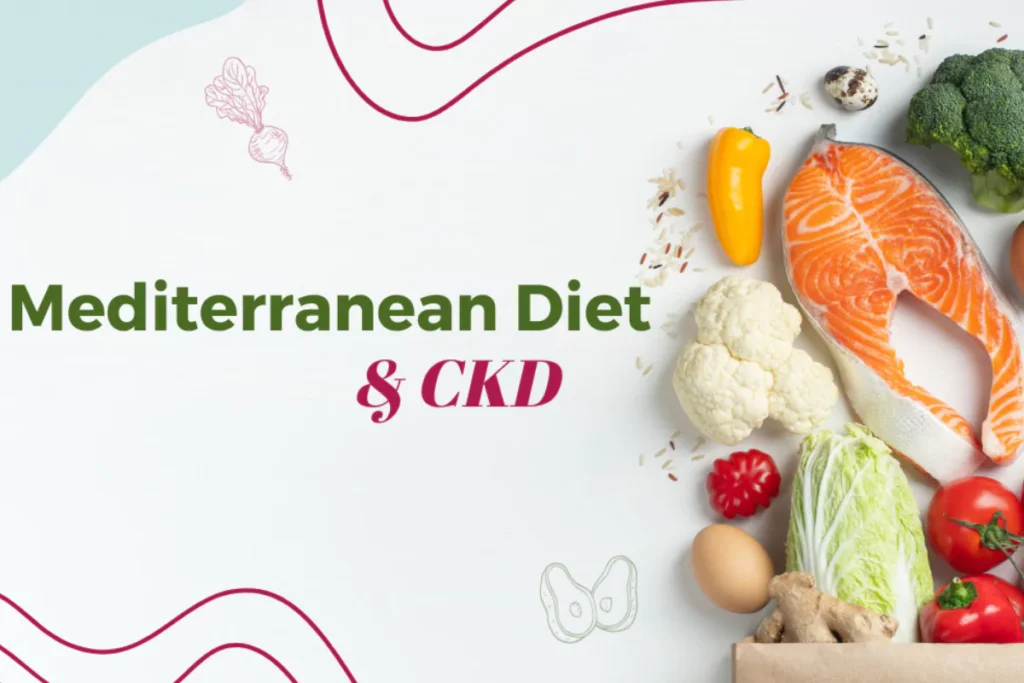Hello People! In what ways does the Mediterranean Diet contribute to increasing your health span?
The diet known as the Mediterranean one is potent and tasty and has been praised as one of the healthiest diets throughout the world for decades. Having its roots in the food patterns of people in the Mediterranean region, including Greece, Italy, and Spain, it is distributed healthily through Whole Foods, containing healthy fats and balanced meals to make a lifestyle.
Let’s dive in!
Table of Contents
The Essential Aspects of the Mediterranean Dietary Pattern

The Mediterranean diet is based on samples, fruits, vegetables, whole milk and whole grain products, grains, fish, legumes, and nuts. Seasonal fruits and vegetables and high-fibrous products support most meals containing vitamins, essential minerals, and antioxidants.
The three common features of the Mediterranean diet include the liberal use of virgin olive oil for dressing, cooking, and even dressing many vegetables. Another example of monounsaturated fat affecting a certain disease is olive oil, which has been used to decrease the risk of heart disease and inflammation.
Fish is also a regular part of our diets, emphasizing fatty fish such as salmon, sardines, and trout, which contain omega-3 fatty acids, which have been linked with the health of the heart and the brain. Moderate poultry and dairy products are also allowed, eggs are incorporated, and red meat is avoided.
A study of the health benefits of eating the Mediterranean Diet
Caring for one’s Health Across the Globe: Integrative Medicine and the Science of Lifestyle Medicine About the current information from the literature, the Mediterranean diet is said to help reduce the probability of such illnesses as CVD and certain forms of cancer.
The diet has linked nutrient-dense foods and processed food and has been shown to result in lower cholesterol or lessening inflammation and improved blood pressure. This is because it breaks back into boosting vegetables, legumes, and whole grains, making it easy to digest and control blood sugar.
Additionally, it reduces mental health as it enhances the Mediterranean diet. Together, such foods meet the brain’s requirement for vitamins and antioxidants that keep dementia in check and further loss of brain prowess. Some research has advanced to the extent of describing it as the cure for depression, given its contentment of Omega-3 fatty acids and anti-inflammatory foods.
List of the Best Foods Following Mediterranean Diet Plans

Here are some ideas for losing weight and following the Mediterranean diet: replace butter with olive oil and refined grains with whole grains. At least two servings of grade-grade fish and fresh fruits should replace sweet items like cake and cookies. Fresh or dry garlic and oregano bas, and other herbs are used in food preparation to make it savory rather than salt.
The following video explains about Mediterranean Diet Plans:
Conclusion
The Mediterranean diet is not a diet but a food pattern that is more disease prevention-oriented rather than treatment, where moderation and portion control are the nature of the diet. This is because it is made up of whole foods, lean proteins, and healthy fats, which can significantly assist people in living a better life, eating well, and having delicious food. The Mediterranean diet is a good chance to talk about the actual and tangible benefits of the Mediterranean flavor as a provider of sustainable health.
Do you want to try the touted Mediterranean Diet for a healthier living?
FAQ
1. So what is forbidden for a Mediterranean diet?
This post seeks to explain food to avoid in the Mediterranean diet.
The Mediterranean diet prohibits processed foods, refined sugars, refined grain products, and trans fatty acids. Regarding the type of foods, red meat and high-fat dairy are limited in the diet plan.
2. It typically encourages people to?
Consume more: Fruits. Vegetables. Whole grains. Beans. Nuts and seeds. Low-density lipids.
Consume less: high glycemic index foods. Saturated fats. trans fats.
Limit alcohol consumption.
3. What are the five drawbacks of the Mediterranean diet?
- Possible Health Concerns
- You may gain weight from fats in olive oil and nuts.
- You may have lower levels of iron.
- You may lose calcium from low consumption of dairy products.
- Wine is part of the Mediterranean pattern diet. However, some individuals should avoid alcohol consumption.
4. What are the weaknesses of the ‘Mediterranean diet’?
Risks of Mediterranean diet:
- May lead to weight gain
- Might have processed foods
- It made it easier for people to overlook the portion size.
- Slow results
- Alcohol consumption




